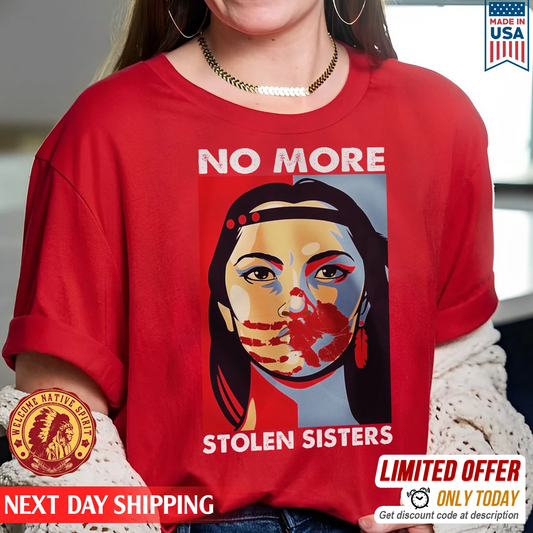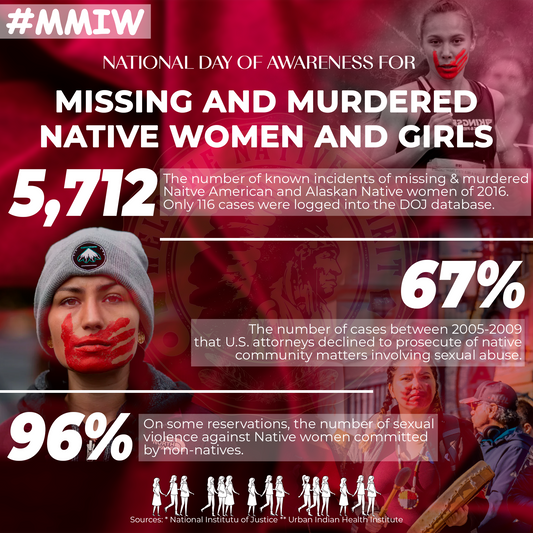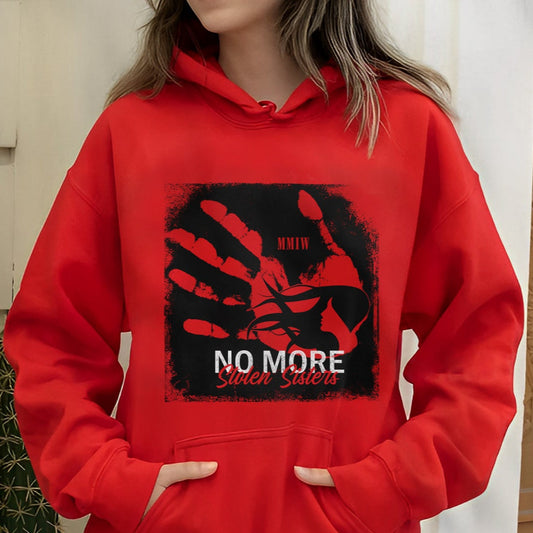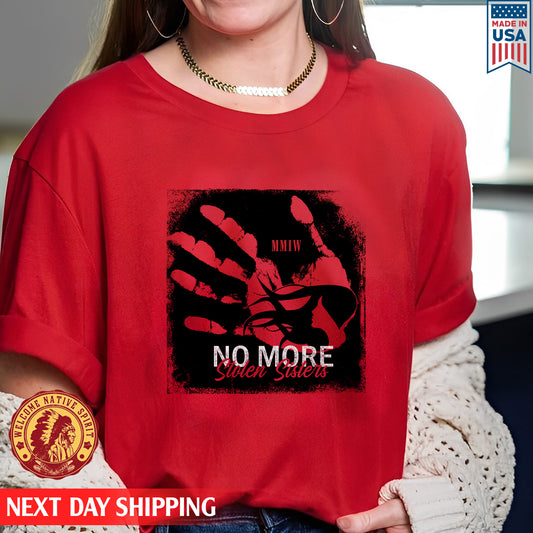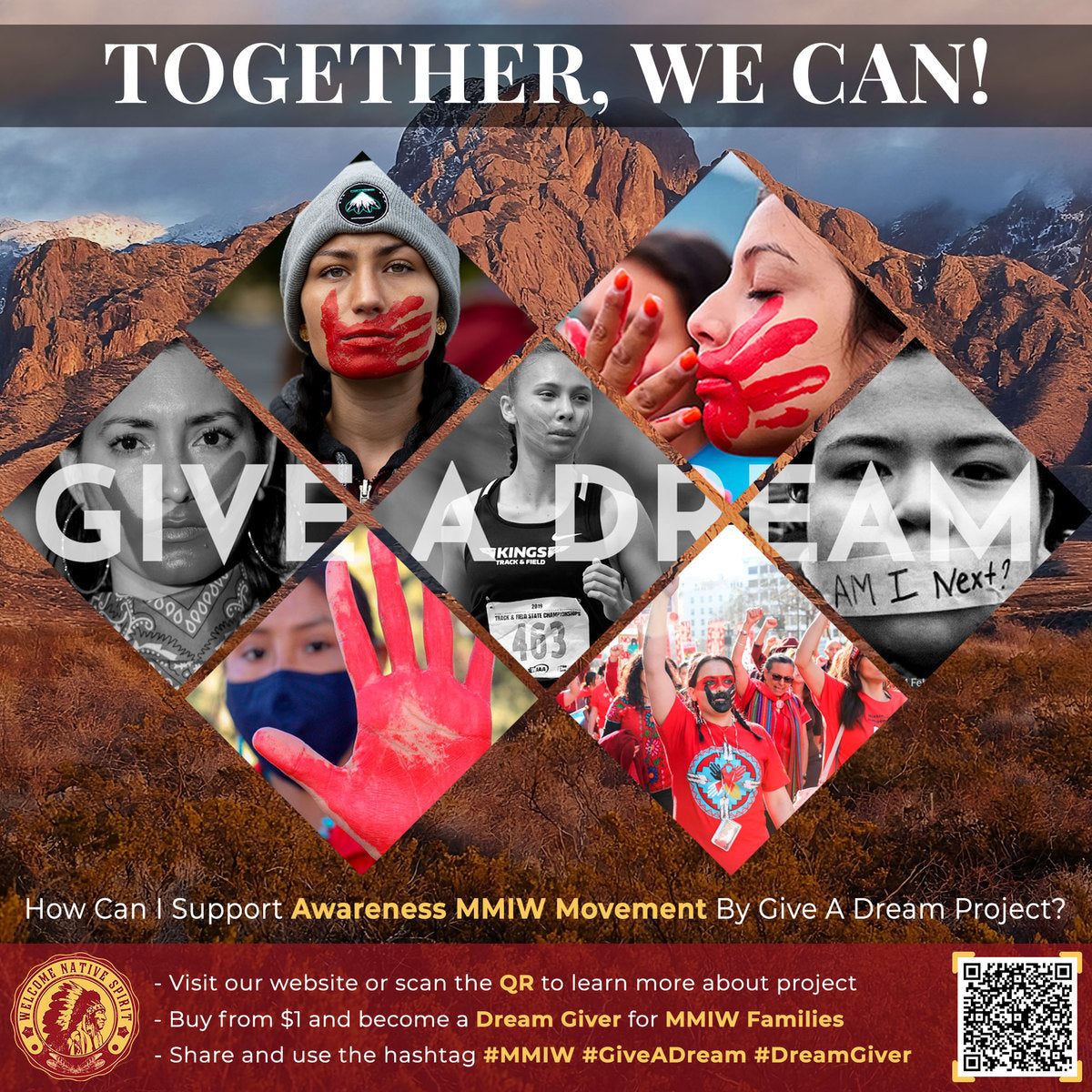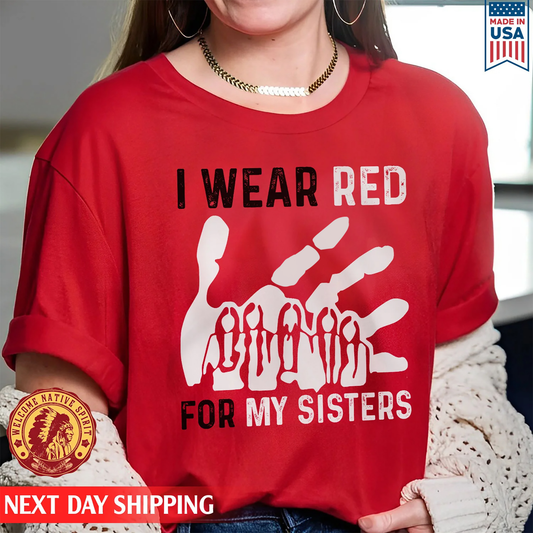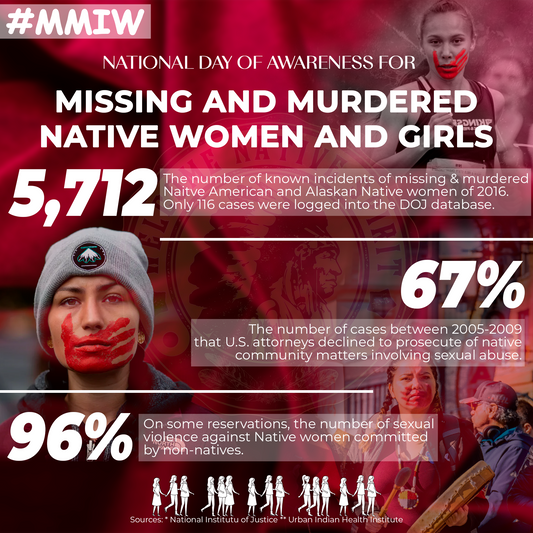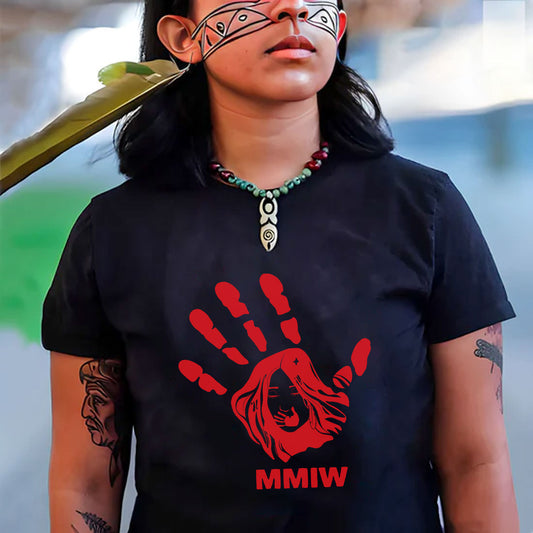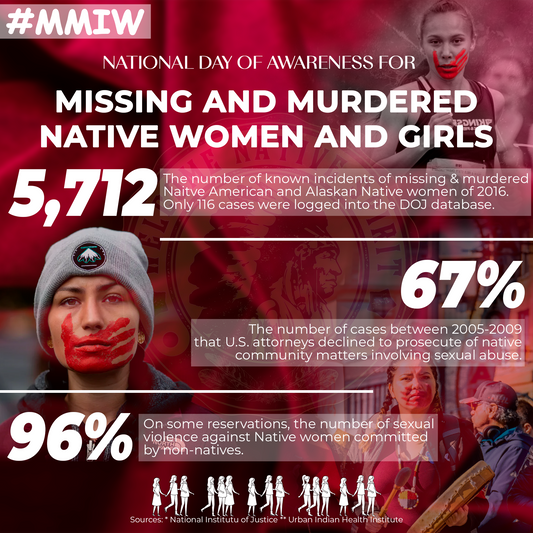One of the biggest misconceptions about powwows is that there's a single overarching organization, and they tour around America like a traveling circus.
But here's the truth: each powwow stands as its own entity. Whether it's a casino-sponsored, tribal powwow, or even a combination of both, they have their distinct identities. Sometimes, the structure of powwows is under a 501(c)(3) or LLC for legal purposes, but they are not all interconnected.
So, if you want to set up a booth to sell your unique, Native handmade items at different powwows, be ready to apply and pay separately for each one.
There's a fascinating array of styles across the United States and Canada. First, we have contest powwows, where dancers gather to showcase their skills and compete for money, recognition, and other prizes. There are also traditional or intertribal powwows, which are non-competitive and focus on ceremonial and celebratory aspects. Each style has its unique charm and significance
Behind the Scenes: Who Runs the Show?
Have you ever wondered who is in charge of these cultural gatherings?
At traditional powwows, it's the incredible volunteers who make the magic happen. They form different committees that work tirelessly to run the entire show. In contrast, casino-run powwows, usually larger in scale, employ casino staff (both tribal and non-tribal members) to manage the event. Tribal police often lend a helping hand with security. Additionally, there are even bigger powwows owned by an LLC or 501(c)(3) with a full-time staff. An example of this is the renowned Manito Ahbee Festival in Winnipeg, Manitoba.
The Inner Workings of Powwow Committees
Within these powwow committees, a variety of structures may exist. A common approach is having a board with a chair or director leading the team, supported by a dedicated planning committee. For groups without a designated “home base” for their powwow, renting a venue becomes a crucial consideration. There is a delegation of duties to “head staff,” such as judges, arena directors, and emcees. These individuals often travel around the country to lend their expertise to various powwows. It definitely takes a village to ensure smooth, safe, and efficient operations.
The Invitation Myth: Who Can Attend a Powwow?
Let's put an end to this misconception: anyone can attend a powwow as a guest and spectator!
Powwows are open-to-the-public gatherings, inviting people from all walks of life to witness the beauty of Native American traditions. However, when it comes to dancing, there are specific protocols you must follow. Not everyone can participate in the dance; it's a privilege reserved for those who have been granted permission and have undergone the necessary preparation.

==>>>> SHOP NOW
Embrace the Powwow Spirit
We hope this information gives you a better understanding of the organization of powwows. Each powwow stands as a unique celebration of culture and tradition. They offer a diverse experience that captivates the hearts of all who attend. Whether you're a Native American reconnecting with your roots or someone who is eager to learn, powwows welcome you with open arms.
If you are interested in seeing what powwows are coming up in your area or around North America, visit our powwow calendar, browse, then mark your calendars.
Lastly, if you have a powwow planned and you’re a first-timer who wants to prepare the right way, give us your first name and email address to get a series of emails that will help you prepare for your first powwow.
By Paul G
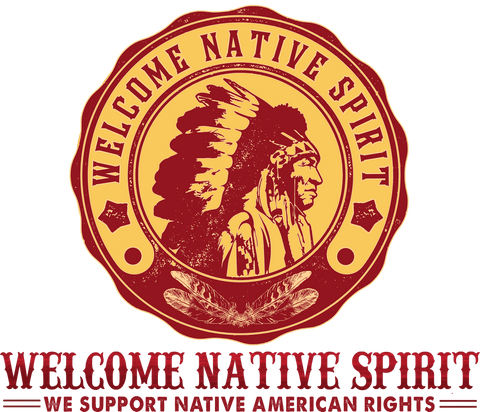

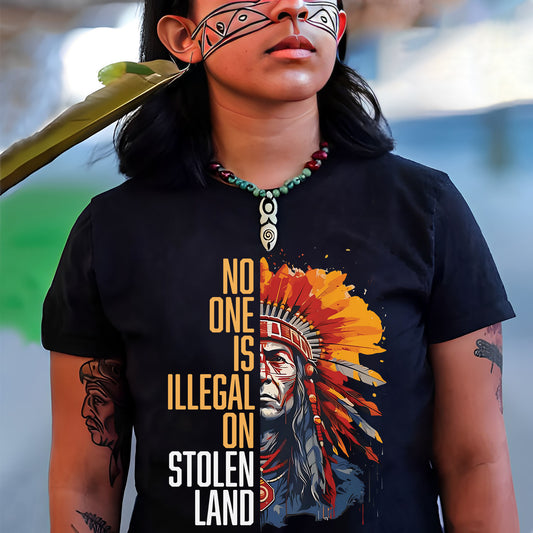
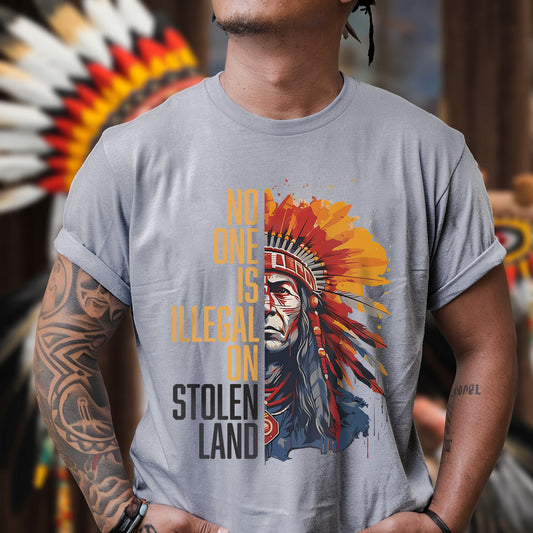
![[Two Sides] Trail of Tears The Deadly Journey Unisex T-Shirt/T-Shirt V-Neck/Hoodie/Sweatshirt](http://welcomenativespirit.com/cdn/shop/files/20_2bae9cf5-c07c-4ea5-a8ea-de74aa71325d_533x.jpg?v=1757466962)
![[Two Sides] Trail of Tears The Deadly Journey Unisex T-Shirt/T-Shirt V-Neck/Hoodie/Sweatshirt](http://welcomenativespirit.com/cdn/shop/files/gray_-2side_b51af6c7-cea9-4004-90db-cb8d883be04a_533x.png?v=1759742586)
